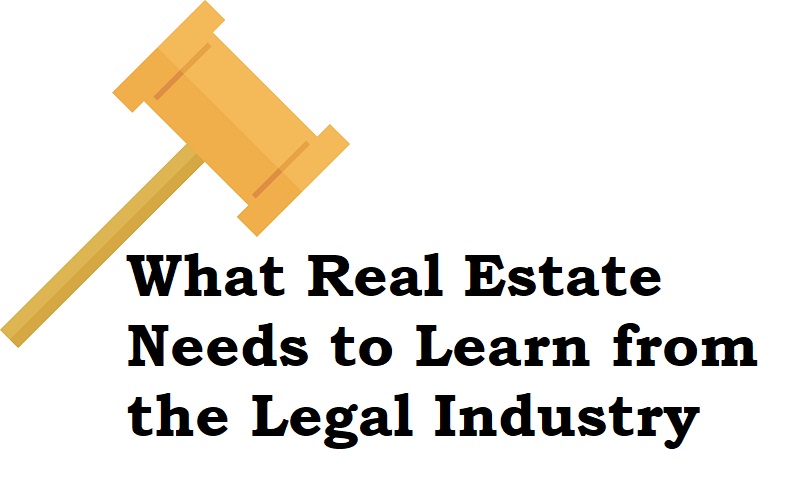Spring is the most common time of year for commercial real estate tenants to receive their reconciliation from their landlords or property managers for the past year as well as estimates for the current year for the operational costs for their office building. This can be an unexpected sum due, especially for small to medium-sized business owners who have budgeted for their commercial lease, but not these added expenses.
In the ideal world, the landlord has budgeted correctly, and no funds would be due for the past year of operating the building. Unfortunately, this rarely occurs and typically tenants receive an invoice in around March or April with an amount due for the past year. But the surprises don’t stop there. The statement will likely have an estimate of cost over the base year amount which the tenant is required to pay monthly. Furthermore, as statements are issued, there are typically three months of estimates for the current year, known as “catch-up” that also need to be paid upon presentation of the statement by the landlord.
All of this said, a business that rents commercial real estate space rounding out the first quarter may also find itself hit with an unexpected bill that seems confusing or unfair. Keep reading to learn more about operating expenses, CAMs, and how they are woven into your commercial real estate lease.
Understanding CAM Expenses
The term “operating expenses” is the general phrase used in commercial leases that includes all operating costs associated with repairing, maintaining, and operating a building, including Common Area Maintenance (known as CAM expenses), property taxes, insurance, utilities, management fees, and administrative fees. Sure, these costs go toward services that help your commercial space to function, provide comfort, and look nice. However, sometimes such costs can really add up and push you over the upper limit of your budget for your commercial real estate lease if you’re not aware of how they’re written into your lease.
What’s also important to understand is that CAM expenses are a subcategory of pass-through expenses that include the repair, maintenance, and operation of common areas, i.e. areas of a building used by all tenants, including corridors and lobbies, elevators, parking lots, and landscaping. So as your landlord or property manager makes repairs to your commercial space, to areas that may or may not impact your daily use, you are still paying into the CAM expense that is the budget for making such repairs.
Negotiating CAM Costs
Because the cost to operate a commercial building generally varies from year to year given changing property tax rates, utility costs, and repair and maintenance costs, pass-through expenses need detailed attention when negotiating a lease. Tenants would be wise to take a close look at the landlord’s expense provisions to prevent the burden of unexpected and rising costs.
Don’t just accept the terms of the lease. You should demand the landlord narrows their definition of Operating Expenses as well as what constitutes common areas.
Landlords want to leave the scope of your share of operating costs as open-ended as possible and often use terms such as “including”, creating loopholes that could leave you on the hook for an infinite number of unforeseeable costs. Whenever possible, insist your landlord enumerate specific expenses, while minimizing or avoiding catch-all phrases such as “all reasonable costs”.
Common areas are often another point of contention between tenants and their landlords. While it is reasonable to expect tenants to pay their fair share for the maintenance and repair of common areas (after all, the appearance and utility of the grounds and building are important to attract and accommodate customers), CAM expenses should exclude the roof, exterior walls, and foundation as well as spaces that do not benefit all tenants.
The Structure of Office Leases
Office leases are generally structured as a Full-Service Gross (FSG) lease or a Modified Gross lease (MG) that allow for Landlords to “pass-through” the increase in costs of operating their office building over the first-year’s operating expenses, which is included in the rental rate for year one of a lease. Each year of the lease, the Landlord will be set forth a summary of costs for the past year and an estimate of costs for the current year, known as the Reconciliation and Estimate statement.
Upon receipt of the reconciliations and estimate statements, it is essential that tenants review and compare the cost against their previously received base year cost to insure the billing is accurate. Keep in mind leases typically provide a 30 to 60-day window to review the pass-through costs the landlord or property manager is asking you to pay.
How a Tenant Representative Can Help
A commercial real estate agent who serves as a 100% exclusive tenant representative can help guide you through the lease negotiation process, which includes pass-through and CAM costs. They are trained to identify where these costs are written in and can help identify what is fair, and what you might want to push back on. Compromises are made all the time in commercial real estate. With a trust tenant representative on your side, you will have the knowledge and expertise to negotiate favorable terms that protect you from unnecessary costs.
The most important takeaway is to first and foremost engage a tenant representative who will exclusively represent your interest. This will not only serve you well as you search for and sign into commercial real estate, but they will be a trusted advisor when you encounter a challenge, or in the case an unexpected expense that could upset your business. Learn more about the role and benefit of a tenant representative.
If you’re a business owner navigating the new waters of renting commercial real estate for your business – office, retail, or industrial – start by speaking with a tenant representative today.















